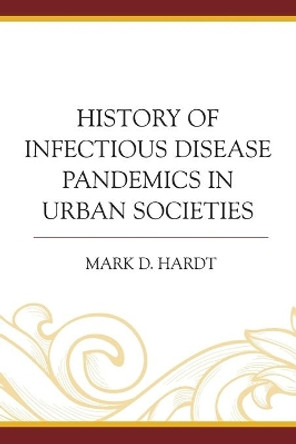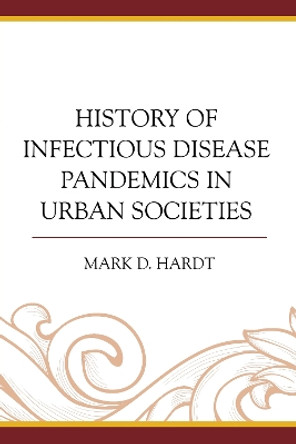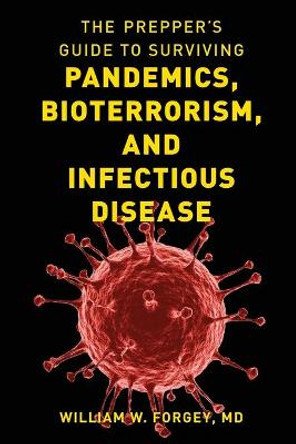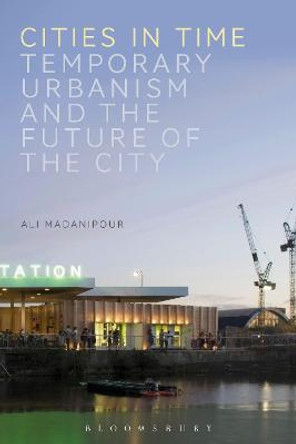Description
Emerging infectious disease outbreaks in recent decades have transformed the very nature of urban life worldwide, even as the extent and experience of pandemics are shaped by the planetary urban condition. Pandemic Urbanism critically investigates these relationships in a world faced with an unprecedented global pandemic, the first on a majority urban planet.
The authors reveal the historical context of recent infectious disease events and how they have variously transformed the urban social fabric. They highlight the important role played by socio-ecological processes associated with the global urban periphery – suburban or post-suburban zones and hinterland areas of ""extended"" urbanization – bringing to light the increased significance of social media, changing mobility patterns, and new forms of urban governance and pandemic response. The book takes forward theoretical approaches to understanding pandemics grounded in urban political ecologies of disease and landscape political ecology, developing novel insights for post-pandemic urban governance and planning. In doing so, it reveals a paradox at the heart of pandemic urbanism: our urban way of life at close quarters enables contagion to spread easily, yet it also makes it easier to contain and respond to disease outbreaks.
Multidisciplinary in its approach and written by three proven experts in the field, this book is an invaluable, accessible primer on the origins, pathways, and management of infectious disease.
Book Information
ISBN 9781509549832
Author SH Ali
Format Hardback
Page Count 292
Imprint Polity Press
Publisher Polity Press
Weight(grams) 476g








